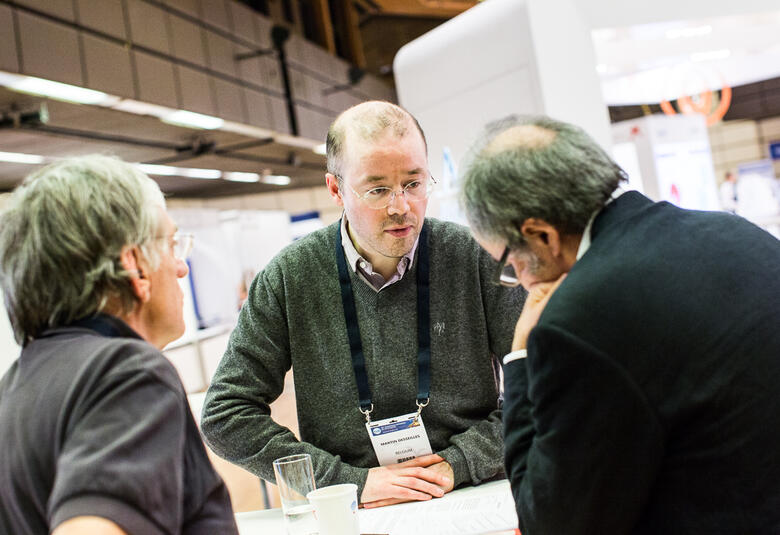An interview with Dr Martin Desseilles, of the psychiatry clinic at Henri-Chapelle, Belgium
Q: What is the most significant challenge facing clinicians treating mood disorders?
A: Having the time to treat someone properly: to fully understand the depression, its causes, and the possible role of family, employment and wider social factors. Patients want to be treated quickly. It’s not like dermatology.
Q: What proportion of your patients experience remission, and how do you define it?
A: The majority have a remission in the sense of being able to return to what they used to do. You have to take into account the fact that depression changes a person: you can never erase the experience. But the aim is to enable people to function in much the same way they did before. Some depressed patients ask “do you have a scale for that?”. I don’t use rating scales systematically, except for research. But there are people who want something “objective”. I once had a patient with schizophrenia whose family was closely involved and wanted to know all about brain imaging. They needed to know that it “really was” schizophrenia. Depressed patients are not the same but they too can sometimes be sceptical.
Q: What is your opinion of combining treatment approaches?
A: In terms of psychotherapies, Interpersonal Therapy is good, and Cognitive Behaviour Therapy. And there has to be an element of understanding dynamic processes. As a psychiatrist, you have to be able to use many different approaches. You have to be eclectic.
Our correspondent’s highlights from the symposium are meant as a fair representation of the scientific content presented. The views and opinions expressed on this page do not necessarily reflect those of Lundbeck.
The views and opinions expressed on this page do not necessarily reflect those of Otsuka and Lundbeck.




